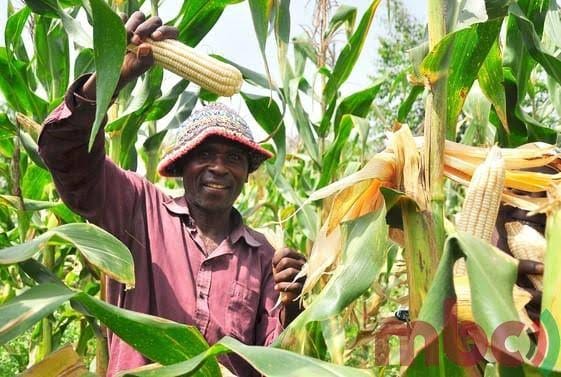According to the Ministry of Trade, the measures are being enforced under the 2018 Control of Goods Act, which regulates the import and export of essential commodities, including maize — the country’s staple food.
“This restriction remains in effect as part of the government’s continued efforts to protect national food security, maintain price stability, and safeguard livelihoods,” the ministry said.
Malawi produced 2.9 million metric tons of maize this year, far below the 3.7 million tons required to meet national needs, according to the U.S. Famine Early Warning Systems Network (FEWS NET). The shortfall has led to a 50% rise in maize prices over the past year, worsening food insecurity in rural and urban areas alike.
A government food security report released in October estimated that one-fifth of the population will face hunger between now and March 2026, when the next harvest season begins.
To close the gap, the government has ordered 200,000 tons of maize from Zambia, while the World Food Programme (WFP) is preparing to launch emergency relief operations in the hardest-hit districts. However, the WFP reports a $69 million funding shortfall, which may limit its ability to reach all those in need.



